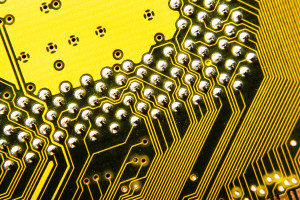Given their inherent subjective nature, emotions have long been a nearly impenetrable topic for scientific research. Affective neuroscientist Jaak Panksepp explains a modern approach to emotions, and how taking the emotions of other animals seriously might soon improve the lives of millions.
Click here to view the embedded video.

